- Disruptive Technology Initiative
- / DTI Committee Bios
Amanda D. Ball, PsyD, ABPP-CN
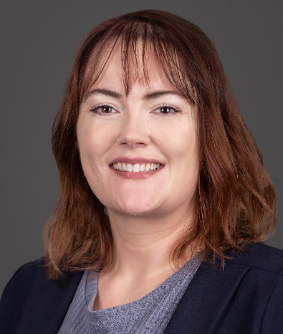
Assistant Professor, Department of Psychiatry
Oregon Health and Science University
I’m a lifespan clinical neuropsychologist and assistant professor at Oregon Health and Science University(OHSU). I also offer private consulting with particular focus on independent medical exams and other forensic work. My interest in the DTI committee stems from a passion for advancing technology in neuropsychological assessment including the implementation, adaptation and creation of innovative digital tools and emerging technologies to best serve our patients and to keep neuropsychology relevant and agile as demand for care increases. With ever growing pressure from insurance and managed care systems, many of us are experiencing challenges associated with less time for test administration and quicker turnaround to produce a report. The challenges we faced in the pandemic to rapidly adapt paper pencil measures to telehealth was a wakeup call for all of us for the need to create innovative methods of assessment in a virtual world. Our field is uniquely positioned to lead the way in this effort. I’m excited to be a part of the DTI committee and contribute to this important endeavor.
Jared F. Benge, Ph.D., ABPP-CN
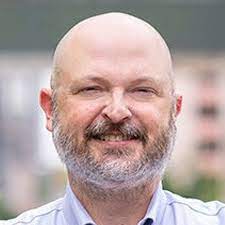
Associate Professor, Department of Neurology
Director, Adult Neuropsychology Postdoctoral Program
The University of Texas at Austin Dell Medical School
Clinical Neuropsychologist
UT Health Austin
Jared Benge is a clinical neuropsychologist and associate professor at UT Dell Medical School. He specializes in the understanding of how engaging with technology changes cognitive functioning in older adults, forming the foundation of the technological reserve hypothesis.
Disclosures: Dr. Benge receives research funding from the National Institute of Aging and Alzheimer’s Association. He has no disclosures for honoraria or consulting fees from the following commercial interests.
Robert M. Bilder, Ph.D., ABPP-CN
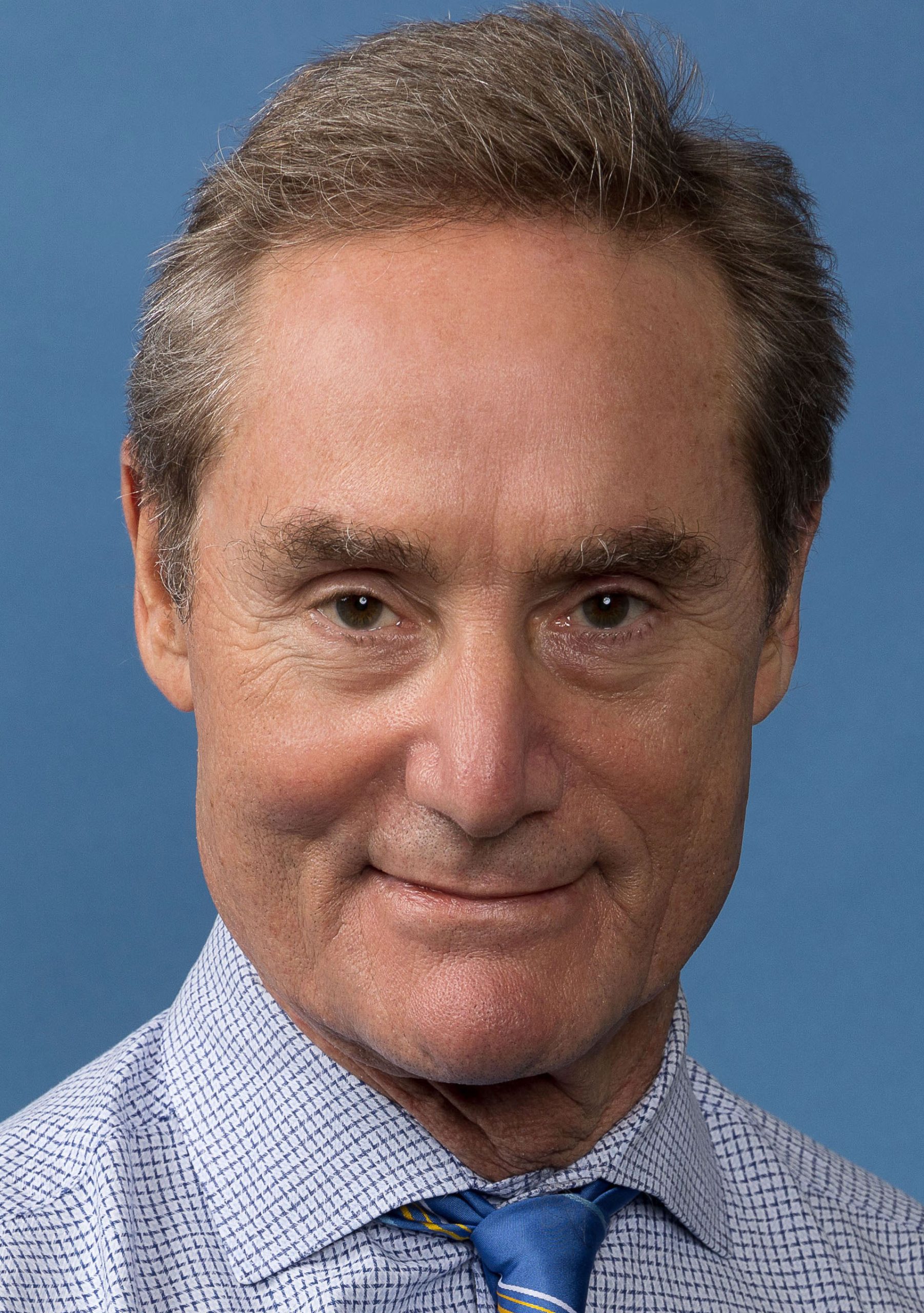
Michael E. Tennenbaum Family Distinguished Professor of Psychiatry & Biobehavioral Sciences and Psychology
Chief, Division of Psychology
David Geffen School of Medicine at UCLA
Jane & Terry Semel Institute for Neuroscience at UCLA
Stewart & Lynda Resnick Neuropsychiatric Hospital at UCLA
Bob Bilder has long been committed to research on brain and behavior, with aims to eliminate artificial boundaries between mental health and illness, and between every day and exceptional creativity. He is particularly interested in advanced technologies and has led the AACN’s Disruptive Technology Initiative since its inception and is committed to working towards the vision championed by the late Karen Postal, which is now manifest in a new functional competency for neuropsychology following the Minnesota Conference guidelines.
Disclosures: Dr. Bilder receives research funding from the National Institute of Mental Health and the Nationoal Endowment for the Arts. Over the last two years he has received honoraria or consulting fees from the following commercial interests: Karuna Therapeutics, Prodeo LLC-TALi Digital Limited/TALi Health Pty Ltd, and ThinkNow Inc.
Naomi S. Chaytor, Ph.D., ABPP
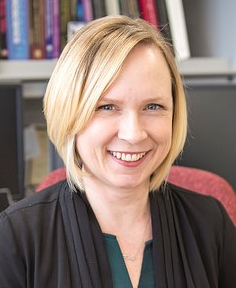
Board Certified Clinical Neuropsychologist
Chair and Professor (with tenure)
Department of Community and Behavioral Health
Elson S. Floyd College of Medicine
Washington State University
I have had a longstanding interest in taking neuropsychological assessment out of the clinic and into the real world. Understanding how cognition fluctuates across time, environmental conditions, or in response to internal states allows for more targeted interventions that have the potential to maximize cognitive performance. Technological advances have enabled reliable and precise data collection on personal devices, making direct to participant cognitive assessment possible. My research program harnesses the power of remote cognitive assessment coupled with clinically available diabetes technology (i.e., continuous glucose monitoring, automated insulin delivery) to understand the dynamic interactions between glucose, cognition, stress, sleep and mood in real world environments, with direct clinical applicability.
Disclosures: Dr. Chaytor receives research funding from NIH, NSF and JDRF and is a paid consultant for Adaptelligence, LLC.
Michelle Chen, Ph.D., ABPP

Assistant Professor, Rutgers University
Neuropsychologists are uniquely positioned to elucidate the patient’s real-world strengths and weaknesses. Unfortunately, most of our existing validated tools have limited ecological validity and only take a snapshot of the patient’s functioning at a single time point. Digital tools have the potential to address these limitations by collecting data from the patients in their home environment for a longer period of time. Not only can we make stronger conclusions about the patient’s functioning by observing their real-world behaviors, the highly longitudinal data allow us to detect personalized changes in shorter time frames (e.g., due to disease activity or new therapeutic regimen). As a researcher, I am fascinated about applications of these technologies and how they may improve our clinical practice in the long run.
Disclosure statement re: potential conflicts of interest: Dr. Chen receives funding from the Eunice Kennedy Shriver National Institute of Child Health and Human Development, National Institute on Aging, New Jersey Health Foundation, National Academy of Neuropsychology, and Rutgers University. She has also received honoraria for speaking from the National Academy of Neuropsychology.
Tannahill Glen, Ph.D., ABPP
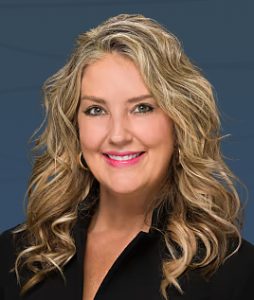 Dr. Glen is board certified in Clinical Neuropsychology by the American Board of Professional Psychology. She is a licensed psychologist in the state of Florida (PY 6757). Dr. Glen completed a doctorate in Clinical Psychology at the Georgia School of Professional Psychology, and completed an American Psychological Association- and Canadian Psychological Association-accredited internship in Pediatric Neuropsychology at Alberta Children’s Hospital. She completed a National Institute of Health research training grant funded residency in Neuropsychology at the University of Alabama-Birmingham School of Medicine.
After more than a decade as a Clinical Assistant Professor in the Department of Neurology at UF Health Neuroscience Institute in Jacksonville, Florida, Dr. Glen opened Neuropsychology, Inc., an expert forensic consultation company, and also serves as a clinical neuropsychologist at MD Anderson Cancer Center/Baptist Medical Center in Jacksonville.
Dr. Glen is board certified in Clinical Neuropsychology by the American Board of Professional Psychology. She is a licensed psychologist in the state of Florida (PY 6757). Dr. Glen completed a doctorate in Clinical Psychology at the Georgia School of Professional Psychology, and completed an American Psychological Association- and Canadian Psychological Association-accredited internship in Pediatric Neuropsychology at Alberta Children’s Hospital. She completed a National Institute of Health research training grant funded residency in Neuropsychology at the University of Alabama-Birmingham School of Medicine.
After more than a decade as a Clinical Assistant Professor in the Department of Neurology at UF Health Neuroscience Institute in Jacksonville, Florida, Dr. Glen opened Neuropsychology, Inc., an expert forensic consultation company, and also serves as a clinical neuropsychologist at MD Anderson Cancer Center/Baptist Medical Center in Jacksonville. Alexandra Davis M.S. Psy.D. Candidate

Predoctoral Intern, Neuropsychology Track, Bay Pines VA
Alexandra has a background in computer science before starting her career in neuropsychology. She is interested in bridging the gap between neuropsychology and technology. She is particularly interested in Machine Learning and its application in research and clinical application.
Andrew Dimmick, M.S.
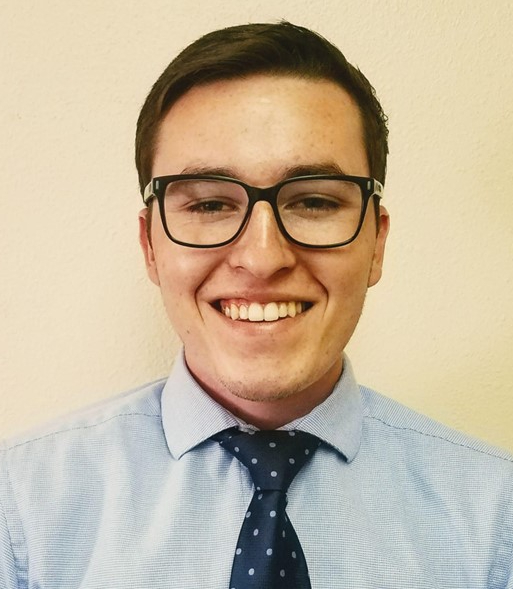
Doctoral Candidate in Clinical Psychology,
Neuropsychology track – University of North Texas
Andrew is a 4th year doctoral student studying clinical psychology with an emphasis in neuropsychology at the University of North Texas. He is interested in increasing the accessibility and application of neuropsychology to people who have been historically underserved and marginalized. Andrew joined the Disruptive Technology Initiative to assist in exploring how the increasing use of technology in neuropsychology can be used to broaden the reach of neuropsychology and increase utilization among individuals with limited access.
Leah Ellenberg, Ph.D., ABPP
 I am a licensed, Board Certified Clinical Neuropsychologist, with a subspecialty in Pediatric Neuropsychology, and a Clinical Professor at the David Geffen School of Medicine at UCLA. I have a private practice in clinical neuropsychology and I supervise interns and fellows in pediatric neuropsychology at UCLA. My interest in Disruptive Technology is primarily as a consumer, looking to optimize tools available for clinical practice in neuropsychology.
I am a licensed, Board Certified Clinical Neuropsychologist, with a subspecialty in Pediatric Neuropsychology, and a Clinical Professor at the David Geffen School of Medicine at UCLA. I have a private practice in clinical neuropsychology and I supervise interns and fellows in pediatric neuropsychology at UCLA. My interest in Disruptive Technology is primarily as a consumer, looking to optimize tools available for clinical practice in neuropsychology.
Bryan Freilich, Psy.D., ABPP-CN
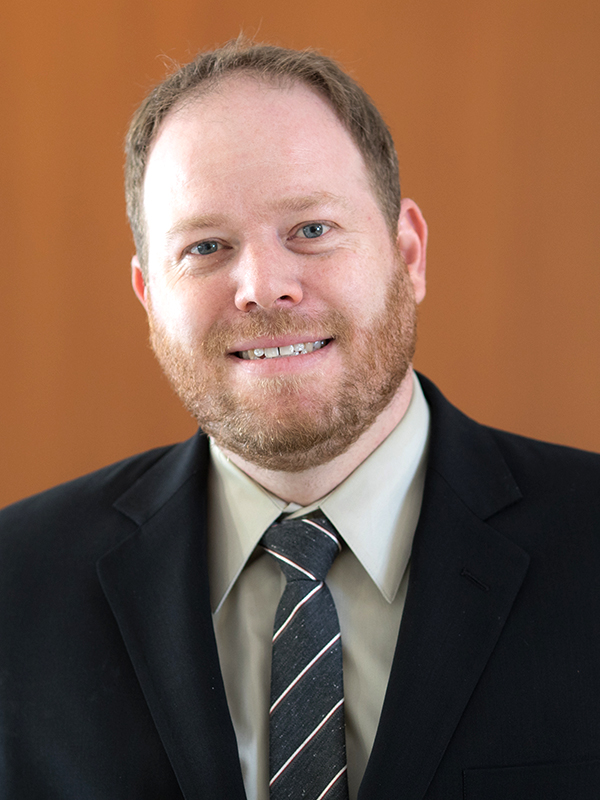
Director of Neuropsychology, Montefiore Medical Center/Albert Einstein College of Medicine
Dr. Freilich is Director of the Neuropsychology Assessment Service (NAS) at Montefiore Medical Center (MMC) and Assistant Professor of Psychiatry and Behavioral Sciences at Albert Einstein College of Medicine (AECOM). Dr. Freilich received his doctoral degree from Yeshiva University, Ferkauf Clinical School of Psychology and completed his internship and postdoctoral fellowship in clinical neuropsychology at MMC/AECOM. He is board certified in clinical neuropsychology by the American Board of Professional Psychology (ABPP). Dr. Freilich’s clinical and research interests include dementia differential diagnosis and the neuropsychological screening/assessment of traumatic brain injury, sickle cell disease, systemic lupus erythematosus, and acute lymphoblastic leukemia. He presently serves as the Club Neuropsychologist for the New York City Football Club (NYCFC) of Major League Soccer (MLS). Dr. Freilich joined the Disruptive Technology Initiative (DTI) committee to help promote the advancement of technology within the field of clinical neuropsychology. He is particularly interested in using technology to streamline neuropsychological assessment, scoring, and report writing.
Katherine Hackett, PhD
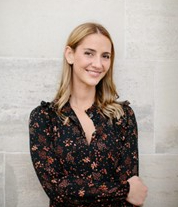
Postdoctoral Fellow – Icahn School of Medicine at Mount Sinai
Katherine is currently a neuropsychology postdoctoral fellow at the Icahn School of Medicine, where she is funded by a T32 grant from the NIA focused on addressing disparities in aging and dementia (DiAD). Her clinical training is in neuropsychology and neurorehabilitation, and her research centers on using technology to enhance existing assessment and intervention methods in adult and older adult populations. She has led projects exploring the validity of the computer-administered NIH Toolbox for cognitive assessment in older adults, developing and evaluating a smartphone reminder application to improve everyday functioning for individuals with MCI and dementia, and most recently investigating the feasibility of smartphone digital phenotyping to assess cognition, function and mood in older adults. Katherine is excited about the potential for new technologies like passive sensing to enhance accessibility and reduce barriers of traditional in-person assessments, potentially providing more objective insights into subtle and individualized changes in everyday cognition. She is hopeful that clinical neuropsychologists will play a key role in ensuring new methods are investigated rigorously and responsibly.
Michael Huddleson, PhD
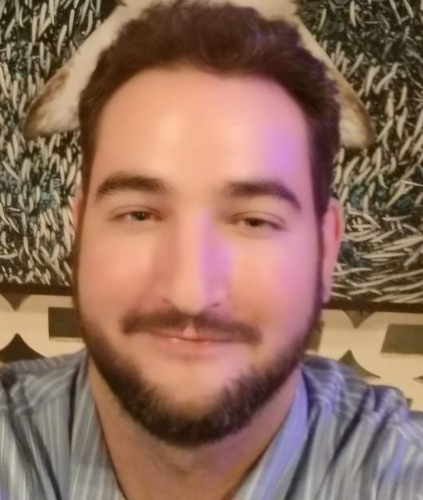
I am a postdoctoral fellow in neuropsychology at Northshore Associates in Erie, Pennsylvania. I earned my PhD in Clinical Psychology with an emphasis in Neuropsychology from Palo Alto University, and I have a background in philosophy of science, having received my BA in the subject from Stanford University. My research interests are centered on utilizing innovative technological advancements to enhance willpower, operationally defined as the ability to delay gratification and achieve larger, later rewards at the expense of smaller, sooner rewards. This line of research aims to integrate cutting-edge technologies to develop interventions that bolster individuals’ capacity for delayed gratification, which has broad implications for mental health and behavioral change. The philosophy of science informs my approach to neuropsychological assessment and therapy, allowing me to bridge the gap between theoretical frameworks and practical applications in neuropsychology. My multidisciplinary experience drives my passion for fostering innovation and helping the field stay relevant and agile in the face of evolving technological landscapes.
Sophie Leib, M.S.
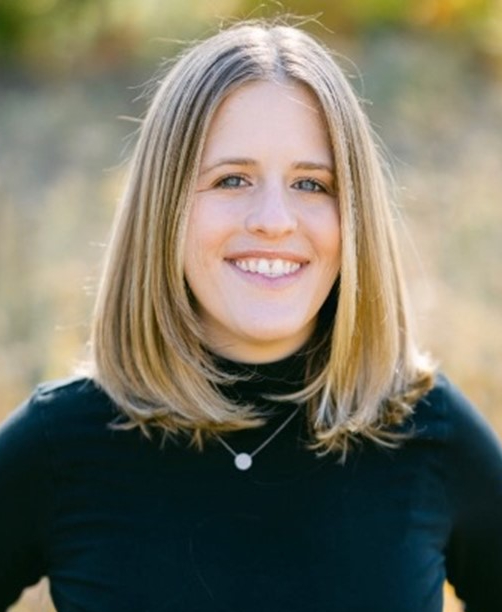
Pediatric Neuropsychology Intern
Future Post-Doctoral Fellow at Nationwide Children’s Hospital
I am interested in the use of innovative technology to advance the field of pediatric neuropsychology, especially in the context of inpatient evaluations. I am also motivated to find ways to include training on advanced statistical techniques and disruptive technology into graduate school curriculums and hope to help prepare the next generation of neuropsychologists for practice in a technologically-advanced society.
Anna Papova, Ph.D.
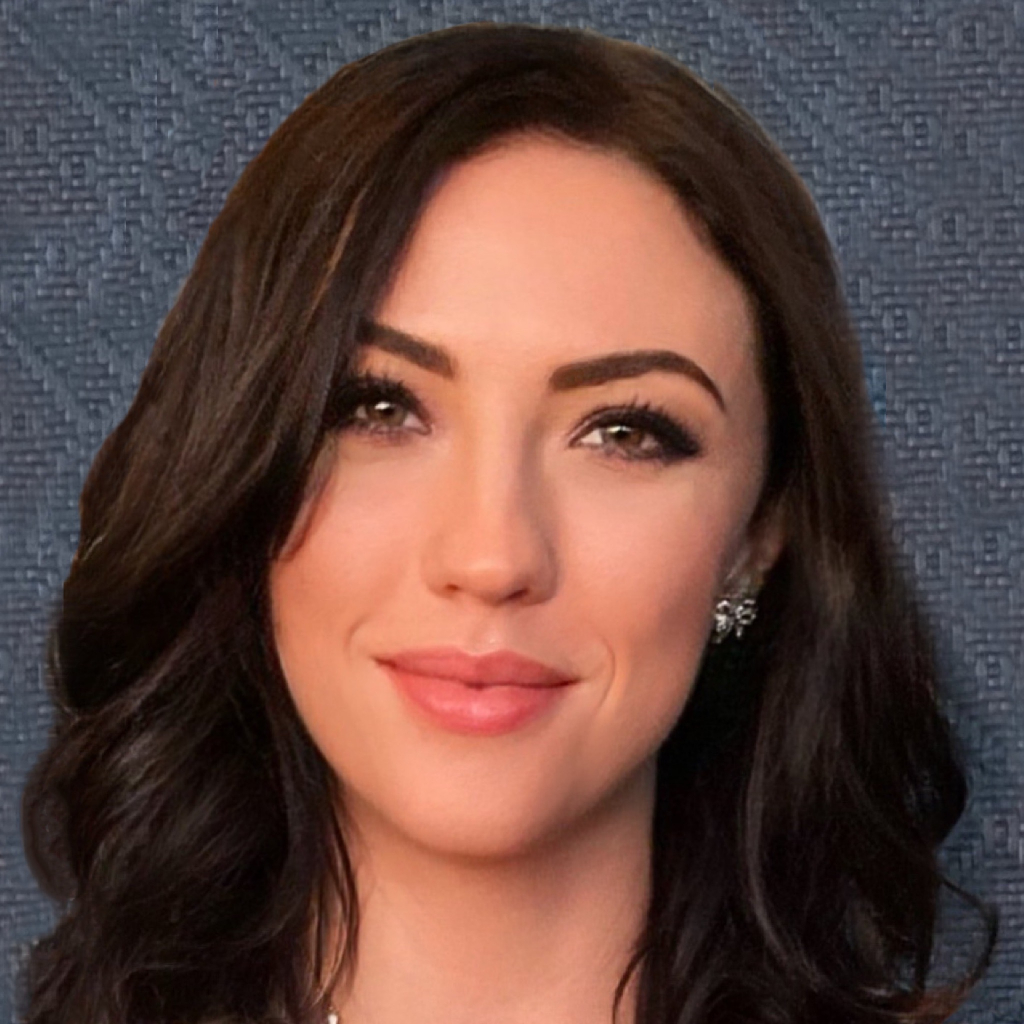
Neuropsychologist, Main Line Health
Dr. Papova is a licensed psychologist in the state of Pennsylvania and works at the Bryn Mawr Rehab Hospital as an outpatient neuropsychologist with adult populations. She completed a doctorate in clinical psychology at Arizona State University, as well as an APA-accredited clinical internship at the Department of Veterans Affairs in Memphis, TN and an APPCN-accredited neuropsychology postdoctoral fellowship at Henry Ford Health in Detroit, MI. She joined the Disruptive Technology Initiative committee to promote technological advancement within the field of neuropsychology and is passionate about streamlining and optimizing processes to put greater focus on patient care.
Brittany Wolff, Ph.D.

MPsych/PhD (Clinical Neuropsychology)
